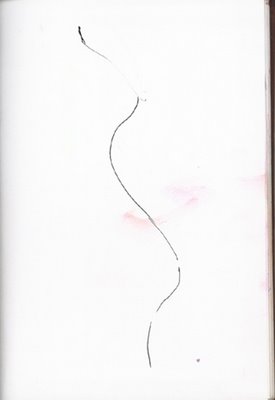
Acının sakız olduğu beldede
Dört baykuş öttü
Küçük serseri küçük serseri
Hayatın nerede?hayatın nerede?...
Bilmiyorum soru, anlamıyorum cevap oldu serserinin kalbinde
Dört baykuş tekrar
Sana sevmen için kalp, düşünmen için beyin verildi.
Küçük serseri küçük serseri beynin nerede beynin nerede?
İçindeki aşk kendinden önce cevap verdi. Serseri beynini işemek için kullanır insanlar ise tatmin olmak için yakınırlar. Dört tarafım insanla çevrili olduğu halde insan olmamız ne kötü
Dört baykuş öttü zaman geçiyor zaman geçiyor…
Dört baykuş ağladı zaman geçiyor zaman geçiyor..
Dört baykuş öldü zaman geçiyor zaman geçiyor..
Acının sakız olduğu beldede küçük serseri ağladı.
Hay allah hay Allah.
Oktay Can
Yorumlar